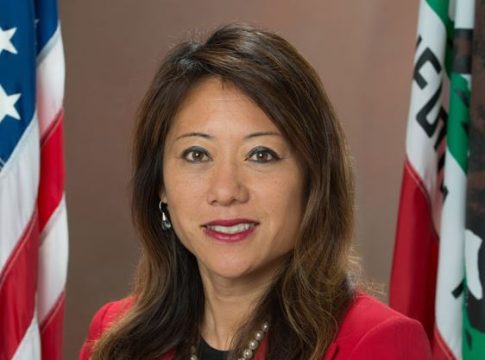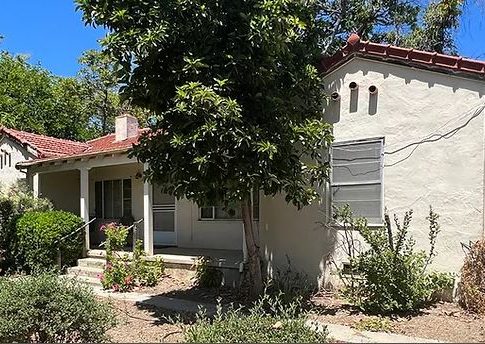More than a year ago, the Census Bureau announced in a report that Asian American communities were overcounted in the 2020 census. Now advocates fear that Asian Americans are underrepresented in some areas, NPR reports.
A new analysis by the Asian Americans Advancing Justice-AAJC found the past census actually undercounted Asian Americans in rural areas. Asian Americans in states such as Alaska, Montana, Iowa, Kansas, New Hampshire, South Dakota and Wyoming were excluded from the tally leading to a national net overcount rate of 2.62 %.
The bureau’s statistical errors affirming the net overcount rate, the AAJC adds, may stem from overcounting Asian American populations living in states only along the East and West Coasts, and the South.
“What we long knew and suspected, and what our new report shows, is that that aggregate national number actually hides what’s happening for the community,” Terry Ao Minnis, senior director of census and voting programs at AAJC, told NPR in an interview. “When you look at lower geographic levels, you will see that Asian Americans are actually being missed, as well as being overcounted in different areas.”
Overcounting occurs when U.S. residents register more than once at different addresses, the article states. College students or those with multiple homes in more than one location are most likely to get counted twice—both were common cases for thousands of Asian Americans in 2020.
LATEST STORIES
But many Asian American advocates expected the latter to happen—census participation loss, not gain. Prior to the census, a report by the bureau indicated that Asian American were among the least likely to participate in the 2020 census due language and outreach barriers. Only 55 percent of Asian Americans said they were “extremely” or “likely” to complete a census form compared to 69% of White, 65% of Latino, and 64% of Black respondents.
It definitely came as a surprise to me,” Linying He, associate director of development at the Asian American Federation, told NBC. “But this aggregated data is conveying a wrong message. There is a significant difference between the members of our community who are overcounted and those who are undercounted.”
Inaccurate census data can halt access to federal funding and political representation in AAPI populations. Undercounting marginalized communities can also put them at risk of being excluded from programs that support health care, education, transportation, and other public services.
Others including the Black, Native American, and Latino communities share the same burden of being significantly undercounted. When the census data falls short, it can indicate a socioeconomic advantage and mask groups that are actually under-resourced and underrepresented.
The over- and undercount rates by race are yet to be examined at a national level by the bureau, NPR reports. The agency claimed further findings were disrupted by COVID-19.
To close that gap, the AAJC estimated cases of undercounting for Asian Americans appeared frequently in rural regions such as the Midwest, South, and Mountain West.
For Asian Americans, Native Hawaiians, and Pacific Islanders, there are distinct challenges of living in these areas that are often hit the hardest by childcare deserts, housing insecurity, and redistricting. All of which can be better supported by using disaggregated data, or information that focuses on sub-groups rather than lumping them as one. In order for the 2030 census to succeed, experts say disaggregated data has to be the driving force so that outreach and census participation can increase.
“When we talk about Asians, we talk about a monolith. And most often, unless you disaggregate that data, it really doesn’t show the true picture,” Diya Basu-Sen, executive director of Sapna NYC, noted to NPR. “I’m sure if you look at more specific data, there are probably still communities that were undercounted or counted correctly.”
AsAmNews is published by the non-profit, Asian American Media Inc. Make a tax-deductible donation of at least $40 or pledge a monthly recurring donation of at least $10 by August 31 and receive a free copy of The Legend of Mu Lan: Heroine of Ancient China, the inspiration for the classic Disney movie. We are supported in part by funding provided by the State of California, administered by the California State Library in partnership with the California Department of Social Services and the California Commission on Asian and Pacific Islander American Affairs as part of the Stop the Hate program. To report a hate incident or hate crime and get support, go to CA vs Hate.









